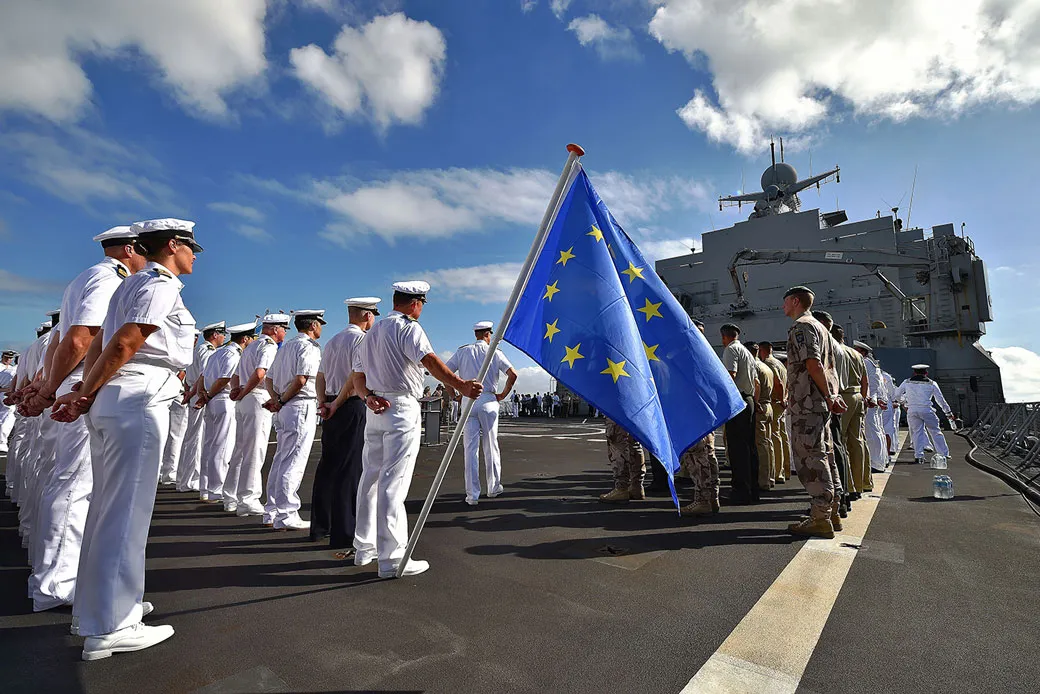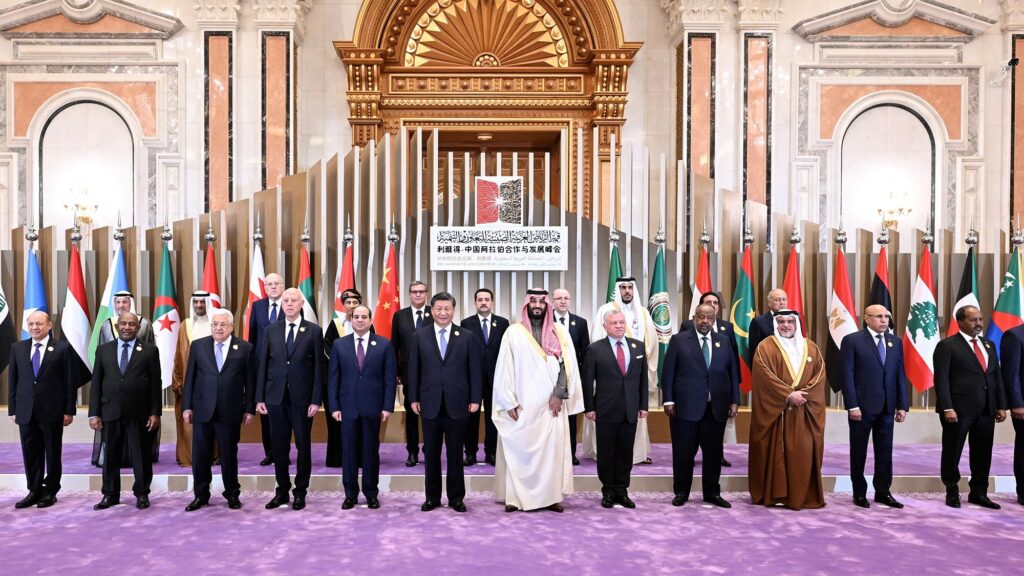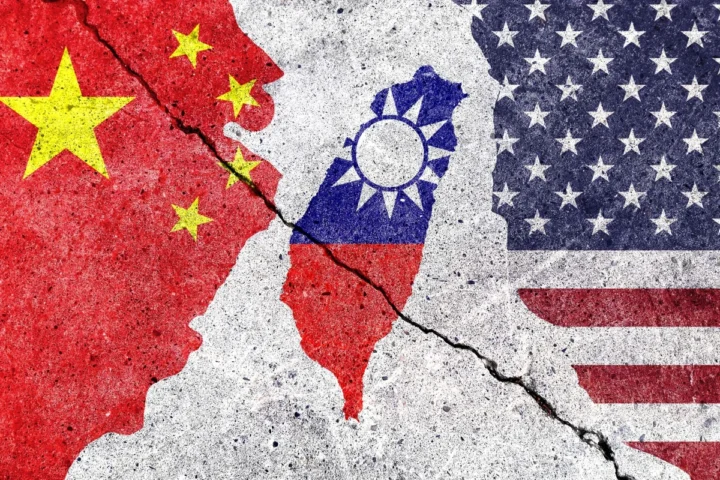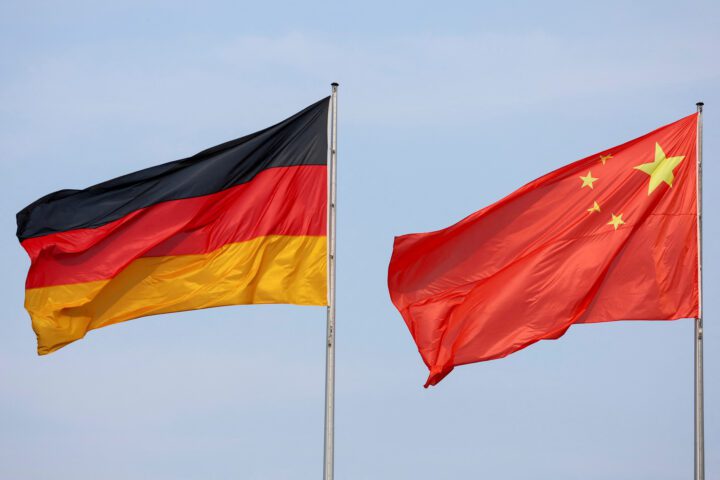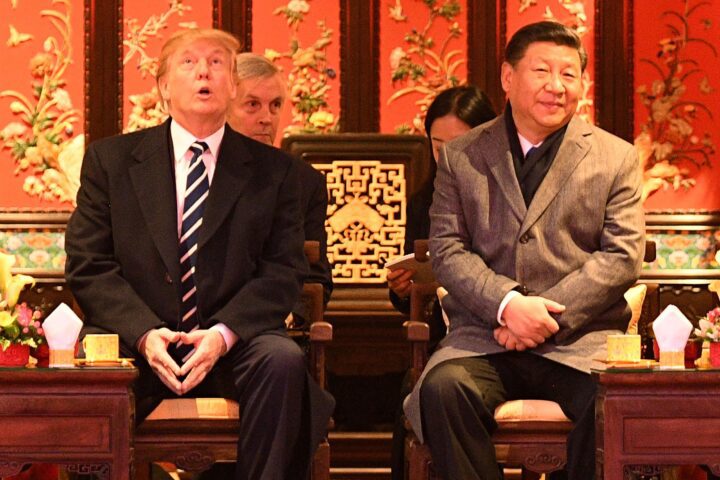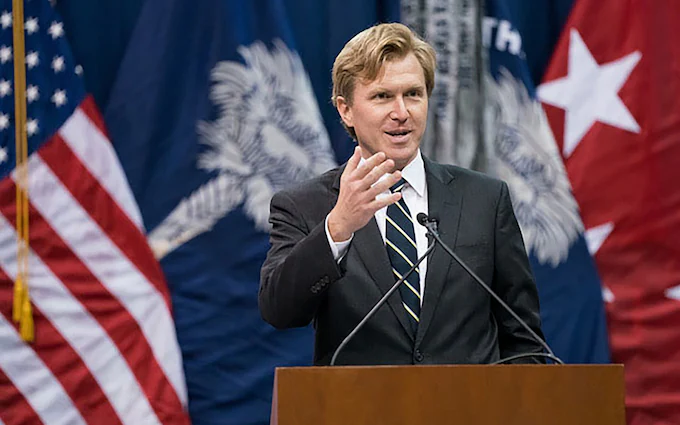The French Gambit
A recent diplomatic push by France to rally European support for a peacekeeping force in Ukraine has stirred debate among European Union (EU) member states. The proposal, born out of the need to avert a potential escalation of the ongoing conflict, comes at a time when the war between Ukrainian armed forces and Russian-backed separatists in the Donbass region has reached a perilous impasse.
The war, which has already claimed many lives since it began in 2014, is at the brink of escalating into a far bloodier full-scale conflict. The stakes are higher than ever – for Ukraine, Russia, and Europe as a whole. A further escalation could plunge the continent into a security crisis of a scale not seen since the Yugoslav wars.
Implications of Inaction
Europe has been looking on as the conflict in its backyard festers, offering financial support and non-lethal military aid to Ukraine but shying away from any direct military involvement. However, the implications of continued inaction are becoming increasingly hard to ignore.
Experts warn that allowing the conflict to continue unabated could give Russia carte blanche to further destabilise the region. The risk of an emboldened Russia pushing its boundaries further into Eastern Europe has sent alarm bells ringing in European capitals.
A recent report from the European Council on Foreign Relations states that “the consequences of a new major conflict in Europe are too grave to be ignored.” The report goes on to suggest that an international peacekeeping mission might be the only viable solution to prevent a catastrophic escalation.
The French Proposal
The French proposal for a peacekeeping force is a break from Europe’s previous reluctance to get directly involved in the conflict. The mission, as envisaged by France, would be made up of soldiers from EU countries, acting under a UN mandate.
French President Emmanuel Macron has been leading the charge, arguing that Europe cannot afford to be a bystander in the face of this growing threat. His proposal has won the backing of Germany, the EU’s other heavyweight, but other member states remain wary.
Obstacles and Opportunities
The primary obstacle to the deployment of a peacekeeping force is the potential Russian reaction. Moscow, which continues to deny direct involvement in the conflict, might view such a move as a direct provocation. The risk of a hostile Russian response could deter EU countries from committing troops to the mission.
However, there are some who see an opportunity in this crisis. A joint peacekeeping mission could serve as a show of unity and resolve from an EU often criticised for its lack of cohesive foreign policy. It might also force Russia to reconsider its actions and engage in meaningful peace talks.
Conclusion
The decision to send combat forces to Ukraine is a high-stakes gamble for Europe. It comes with substantial risks, but the alternatives may be even worse. The French proposal has put the ball in Europe’s court, forcing it to wrestle with the difficult choice between direct involvement and continued inaction. The outcome of this debate could shape the future course of European geopolitics.
Whatever decision is ultimately made, the situation in Ukraine serves as a stark reminder of the volatility of Europe’s eastern frontier and the urgent need for a comprehensive and decisive European response.
